This week’s big news was the collapse of two major banks.
It all started on Friday the 9th with the collapse of Silicon Valley Bank (SVB) when California banking regulators closed the bank and appointed the Federal Deposit Insurance Corporation (FDIC) as receiver for the later disposition of its assets; SVB’s collapse was followed shortly after when on Sunday, state regulators closed New York-based Signature Bank. SVB’s second-biggest collapse in U.S. banking history was the largest failure since 2008. Signature’s collapse was the third biggest in U.S. banking history.
SVB was a specialist tech lender to Silicon Valley start-ups, including many originating in China. Signature was known for its association with crypto firms. Signature had faced a criminal probe for its involvement with these firms. SVB imploded last week after a sale of $20 billion of securities to mitigate a sharp drop in deposits focused investors’ minds on the bank’s vulnerabilities. They dumped its stock, customers withdrew their funds, and the bank was bust by Friday morning.
The bank failures sent shockwaves through the markets, with bank stocks taking the biggest hits. After initially indicating that it would not bail out either bank, the Biden administration vowed to make depositors whole beyond the FDIC insured $250,000 maximum amount.
The main takeaways from the events of this week are:
- Banks are no more immune from chasing shiny objects and throwing money at the next big thing than investors;
- When corporations make stupid decisions, it’s investors and taxpayers that pay the price; and
- Nothing is more panic-inducing than feeling helpless as you watch your money and investments disappear in a puff of smoke due to factors completely out of your control.
The depositors of both institutions are indeed being thrown a lifeline by an administration friendly to left-leaning Silicon Valley and crypto-friendly firms. Still, both banks’ investors are out of luck. Although the collapse of SVB and Signature caught everyone else by surprise, those bank failures did not surprise a segment of sophisticated investors who avoid these types of investments (high-risk tech and crypto) that constantly attract the herds.
Sophisticated investors like ultra-high-net-worth individuals (UHNWIs) avoid the despair of helplessness that rushes over investors when a financial crisis occurs. In 2008, many impending retirees sat in despair and panic as they watched half the value of their 401Ks disappear overnight. Instead of enjoying retirement, many of these 401K owners were forced to continue working to make ends meet.
Smart investors don’t let outside forces control their financial fortunes. They don’t let corporate mismanagement and risk-taking dictate whether they can retire comfortably as if there wasn’t already enough fear and uncertainty in the markets – what with inflation, impending recession, war, and tensions with Russia and China dominating investors’ thoughts – now comes this. This latest bank debacle is another never-ending cycle of market drivers causing ripples and volatility. It’s madness, and it’s only getting worse.
There have always been outside forces and negative market drivers that have moved the needle of the markets for the worse. Still, in today’s connected society, it’s only getting worse where news travels at the speed of light – creating instant chaos in the markets.
How do UHNWIs insulate themselves from market volatility?
They gravitate towards anti-shiny object investments. They allocate boring but tried but true tangible assets that cash flow while appreciating organically over time.
Assets like commercial real estate (CRE) and private income-producing businesses (private businesses) hold one significant advantage over public stocks and debt that insulates their investors from mainstream investors’ financial stress and helplessness when something like the bank collapses this week happens. Because these assets are acquired and sold on the private markets, they’re illiquid – meaning they are not easily disposed of like stocks that can be liquidated at the click of a screen. This illiquidity not only insulates assets like CRE and private businesses from broader market volatility but also allows them to mature to maximize efficiency and returns for their investors.
So, this week, while the public panicked in the face of the latest financial fallout, UHNWIs allocated to private cash-flowing alternatives sat back and yawned – unsurprised by the failure of banks dedicated to risky start-ups and crypto. After all, investors have been losing their shirts since 2022 on the same types of assets on the public markets.
Do you want to avoid financial helplessness?
Avoid the craziness of Wall Street and allocate to the private markets.





